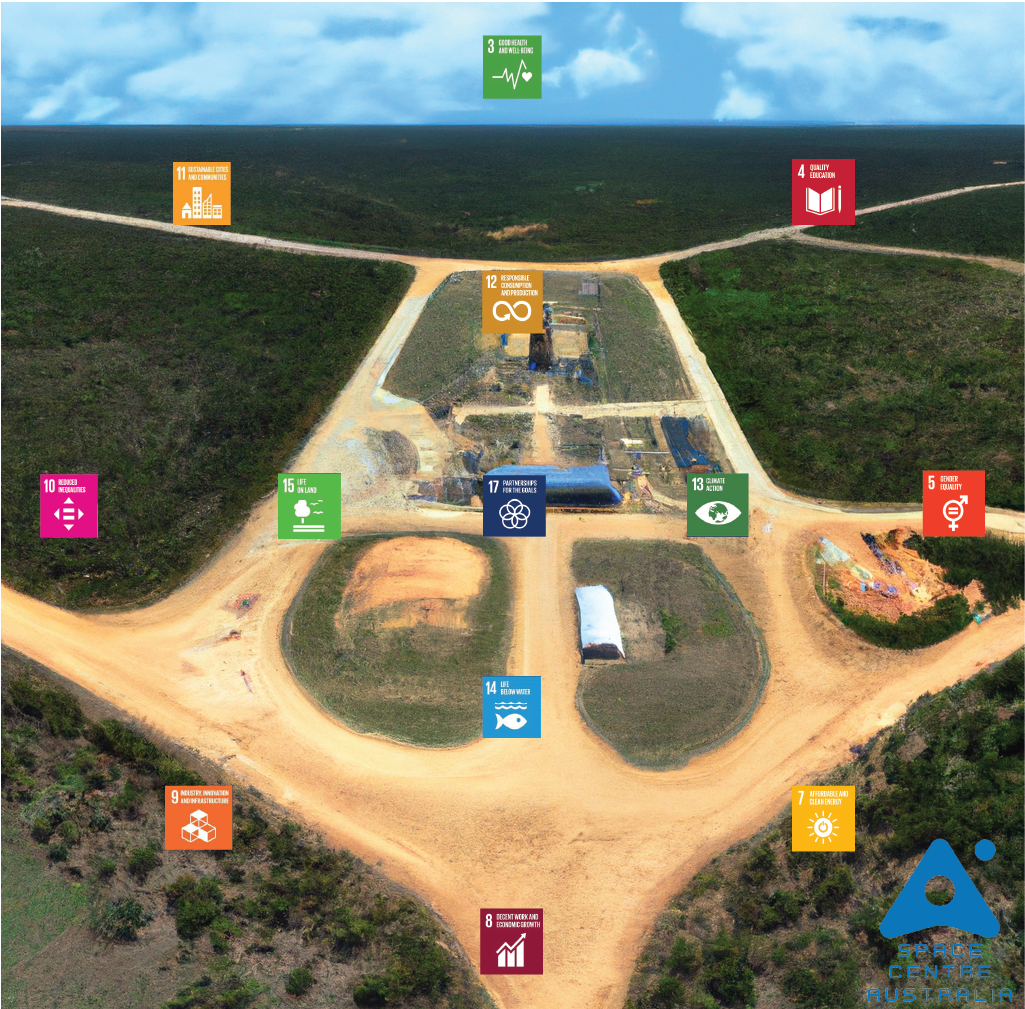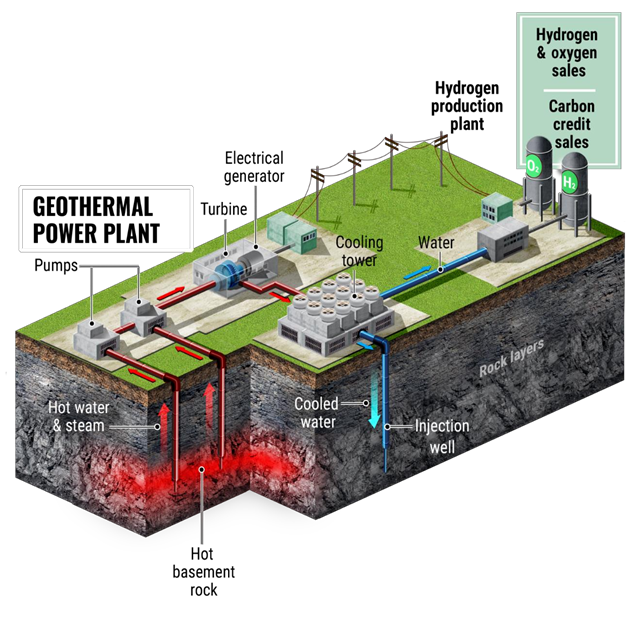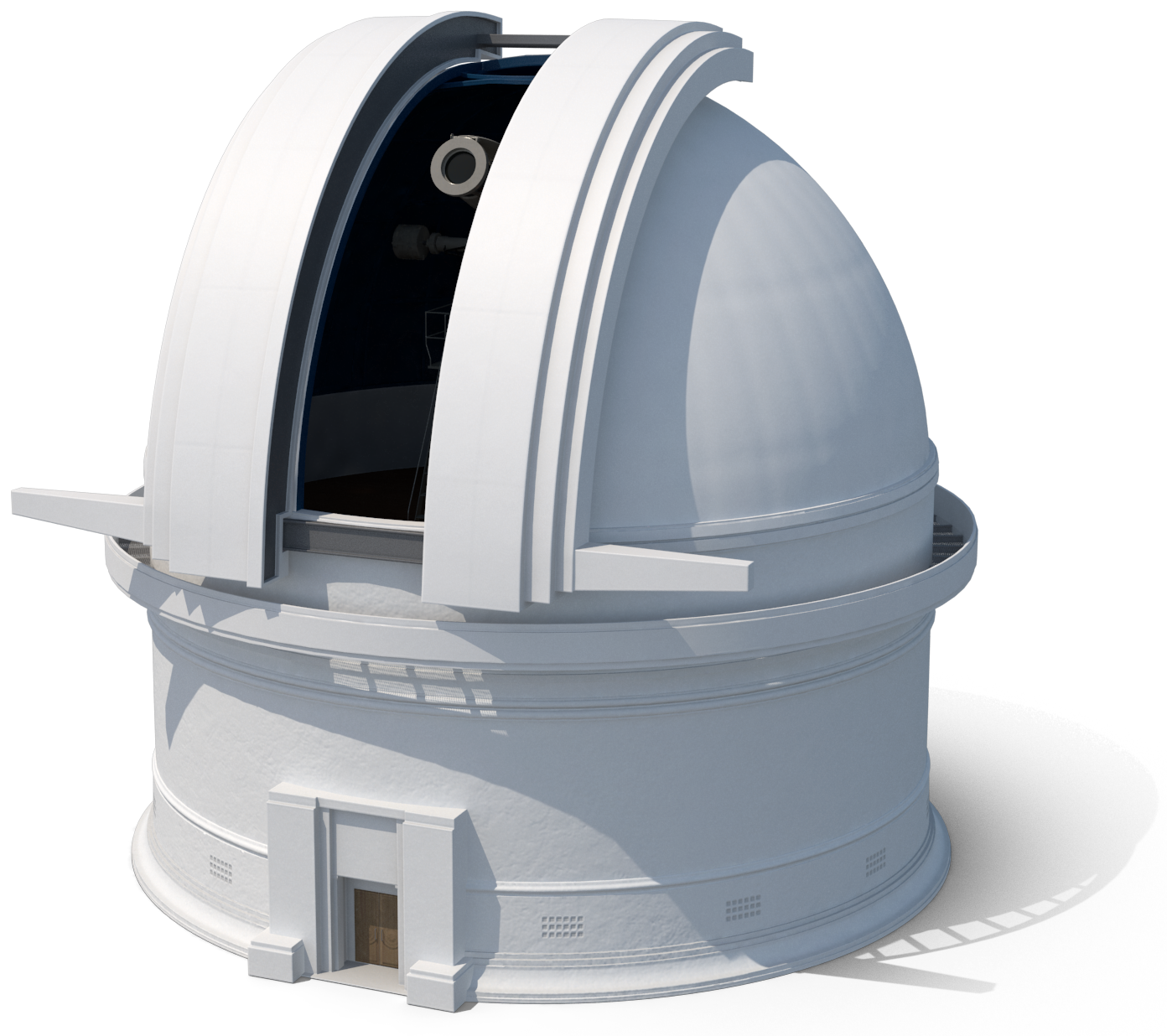ESG Projects
Safety is the priority when planning the ESG programs for a sustainable space future for Australia and globally.
As part of SCA’s wider ESG development program we will be investing in a number of projects to complement SCA and provide additional benefit to the region. Outlined below is a snapshot of some of the current strategic programs which are subject to Continuous Improvement practices and maturity as the SCA project grows. Each one of the following programs has its own project plan with quantitative benefits.
- Growing First Nations Space Partnerships.
- Monitoring Air & Marine Traffic.
- Aerospace / Space Gateway to Industry Schools & TAFE Programs.
- University Entrance Program.
- Zero Emissions Infrastructure.
- Green Space City at SCA.
- Veteran Employee Health Program.
- Junior School Development Investment.
- Resilient Infrastructure Investment.
- FNQ / SCA Partnership Program.
- Launch Tourism.
- Global Job Growth.
- Nature Positive Program.
- Governance Best Practice.

Power Sustainability
In the pursuit of developing a spaceport that stands as a beacon of sustainability, our engineers and visionaries have turned to geothermal power to establish a reliable and eco-friendly baseload energy source. Nestled amid the cosmic ambitions of space exploration, Space Centre Australia pioneers a paradigm shift by harnessing the Earth’s natural heat to power its operations at all three sites.
Geothermal energy, sourced from the Earth’s interior, has become the backbone of Space Centre Australia’s power infrastructure, providing a consistent and renewable baseload. Deep beneath the surface, wells tap into the Earth’s reservoirs of hot water and steam, converting the immense heat into electricity through state-of-the-art geothermal power plants. This innovative approach not only ensures a continuous and stable power supply but also significantly reduces the carbon footprint of Space Centre Australia.
Our commitment to sustainability extends beyond mere energy production. By utilising geothermal resources, it minimizes reliance on traditional, finite energy sources, fostering resilience against energy market fluctuations and geopolitical uncertainties. Further the future development of the geothermal baseload will yield sufficient Hydrogen, Oxygen, boiler grade water and excess electricity to be sold back into existing power networks. The stability and predictability of geothermal power serve as a cornerstone for the spaceport’s ambitious plans, ensuring uninterrupted operations during critical launch windows and minimising the environmental impact of its activities.
Moreover, the geothermal infrastructure seamlessly integrates with other sustainable technologies, creating a holistic approach to environmental responsibility. Excess heat from geothermal processes is repurposed for facility heating, further enhancing energy efficiency. This closed-loop system not only optimises resource utilisation but also establishes a model for future spaceports seeking to balance technological advancement with ecological mindfulness.
As the spaceport looks skyward, it draws inspiration from the Earth’s natural processes to power its cosmic endeavours. Geothermal energy has become the beating heart of this sustainable spaceport, symbolizing a harmonious coexistence between human innovation and the planet’s intrinsic resources. In the vast expanse of space exploration, the spaceport stands as a testament to humanity’s ability to propel itself forward while respecting and preserving the delicate balance of our home planet.

Space Environmental Sustainability
Space Centre Australia aims to establish a measurable action of space environment sustainability within its scope of operations.
With this intention, our policy formally supports our vision for the Australian and International Space Industry.
Space Centre Australia’s sustainability policy applies to all our employees, their decisions, and their activities.

“Be at the forefront of safety responsibility and Environmental, Social, and Governance (ESG) standards in the space sector with us. Together, we’re paving the way for sustainable industry growth and resilience.”
Discover how SCA’s commitment to Environmental, Social, and Governance (ESG) performance drives positive impacts for the sustainable development of both SCA and the Far North Queensland community. As a cornerstone of our strategic vision, safety and ESG practices take center stage, reflecting our dedication to fostering harmonious relationships among humanity, infrastructure, and the natural world.
SCA’s pioneering efforts in the space industry resonate both locally and globally. Our establishment of the SCA Leadership Council in 2023 marked a significant milestone, culminating in the publication of our groundbreaking Strategy for Space in FNQ in November of the same year. This blueprint outlines our ambitious trajectory to position SCA as the premier destination for large-scale space launches.
What sets SCA apart is our comprehensive expertise across the entire space supply chain. Through strategic collaborations with both domestic and international universities, we nurture emerging talent and drive innovation within the sector. Join us as we pave the way towards a thriving space frontier, right here in Australia’s Far North Queensland.
SCA’s Sustainable development objectives are:
- Developing global partnerships, driving space exploration, service, and innovation to new heights.
- Enhancing legal frameworks governing outer space and our commitment to global space governance.
- To provide an international framework for space weather services, ensuring safety and reliability.
- Investing in Sustainable Development Goals (SDG) compatible finance initiatives with us.
- Enabling impactful investment opportunities in Asia and the Pacific.
- Strengthening space cooperation for global health initiatives.
- Contributing to international efforts towards low-emission and resilient societies.
- Engaging in capacity building for the twenty-first century with our innovative programs and initiatives.
CONTACT
Mailing Address:
P. O. Box 3161, Cairns, Queensland, Australia, 4870
Locations (Australia):
- Cairns, Queensland, Australia
- Proposed Weipa, Queensland, Australia
- Canberra, Australian Capital Territory
Locations (International):
- Virginia, United States of America
- Liverpool, United Kingdom
Hours AEST GMT +10
Mon 09:00 am – 05:00 pm
Tue 09:00 am – 05:00 pm
Wed 09:00 am – 05:00 pm
Thu 09:00 am – 05:00 pm
Fri 09:00 am – 05:00 pm
Sat Closed
Sun Closed